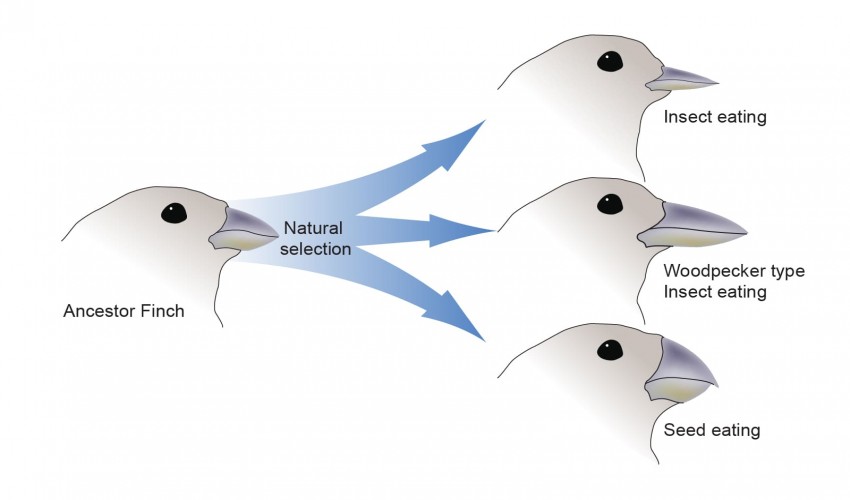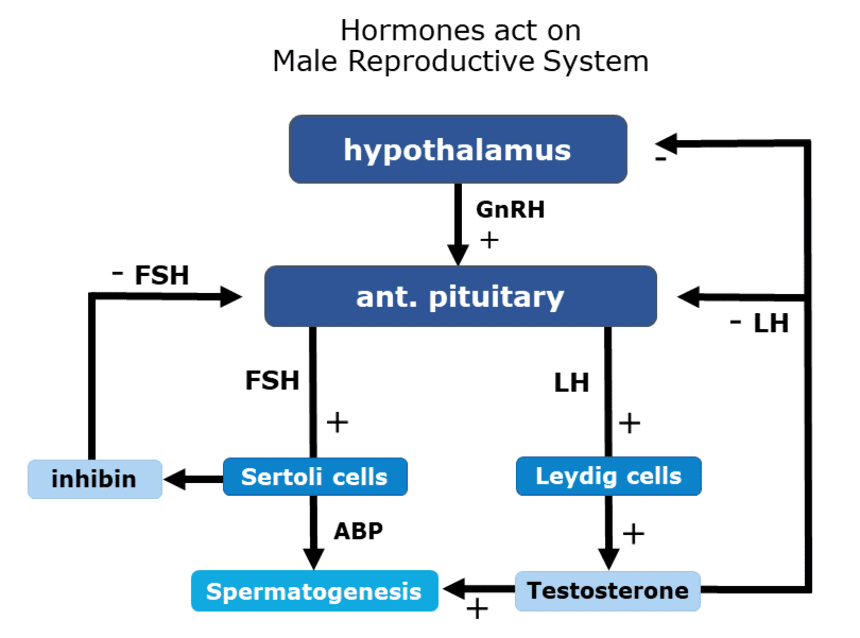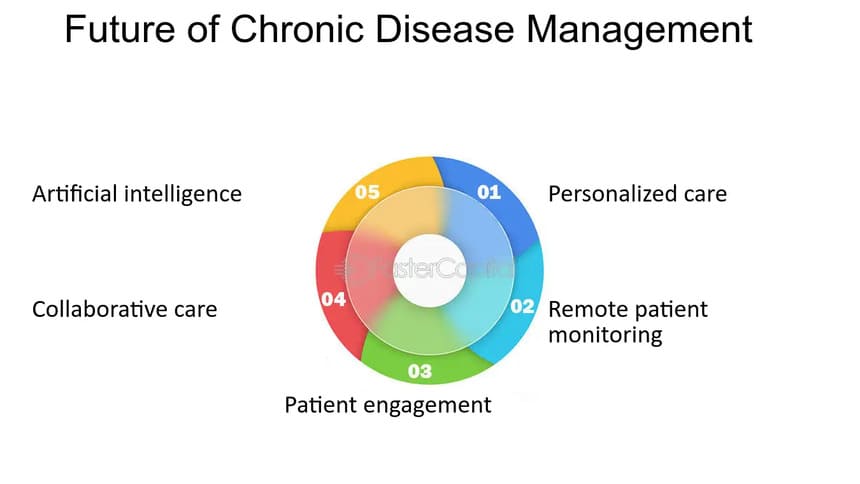
Evolution and Genetics
Evolution is change in the heritable characteristics of
biological populations over successive generations. These characteristics are
the expressions of genes that are passed on from parent to offspring during
reproduction. Different characteristics tend to exist within any given
population as a result of mutation, genetic recombination and other sources of
genetic variation. Evolution occurs when evolutionary processes such as natural
selection (including sexual selection) and genetic drift act on this variation,
resulting in certain characteristics becoming more common or rare within a population.
It is this process of evolution that has given rise to biodiversity at every
level of biological organization, including the levels of species, individual
organisms and molecules.[
Evolution is a process, and species adapt and evolve to
better survive in their environments. Similar environments can cause similar
adaptations in different species, and different environments can cause
different adaptations in similar species. Studying the affect of environmental
factors on the evolution of a species is the best way to make educated guesses
on both the history and the future of a species. By considering all three types
of evolution, it is possible to get a very accurate idea of how a species of
plant or animal has developed into its current form.
The genetics Is the study of genes, genetic variation and
inheritance in living organisms. It is generally considered a field of biology,
but it frequently intersects with many other life sciences and is strongly
linked with the study of information systems.
“Genetics is a field
of science that includes the study of inheritance and genetic variations by
investigating the DNA, genes, genome, chromosome and other components of it.”
Genetics arose out of the identification of genes, the
fundamental units responsible for heredity. Genetics may be defined as the
study of genes at all levels, including the ways in which they act in the cell
and the ways in which they are transmitted from parents to offspring. Modern
genetics focuses on the chemical substance that genes are made of, called
deoxyribonucleic acid, or DNA, and the ways in which it affects the chemical
reactions that constitute the living processes within the cell. Gene action
depends on interaction with the environment. Green plants, for example, have
genes containing the information necessary to synthesize the photosynthetic
pigment chlorophyll that gives them their green color. Chlorophyll is
synthesized in an environment containing light because the gene for chlorophyll
is expressed only when it interacts with light. If a plant is placed in a dark
environment, chlorophyll synthesis stops because the gene is no longer
expressed.
Genetics arose out of the identification of genes, the
fundamental units responsible for heredity. Genetics may be defined as the
study of genes at all levels, including the ways in which they act in the cell
and the ways in which they are transmitted from parents to offspring. Modern
genetics focuses on the chemical substance that genes are made of, called
deoxyribonucleic acid, or DNA, and the ways in which it affects the chemical
reactions that constitute the living processes within the cell. Gene action
depends on interaction with the environment. Green plants, for example, have
genes containing the information necessary to synthesize the photosynthetic
pigment chlorophyll that gives them their green colour. Chlorophyll is
synthesized in an environment containing light because the gene for chlorophyll
is expressed only when it interacts with light. If a plant is placed in a dark
environment, chlorophyll synthesis stops because the gene is no longer
expressed. Genetics is also used to explore inherited disease, and to determine
whether or not people are more susceptible to certain diseases because of their
genes.
Evolution is technically defined as: "a gradual process
in which something changes into a different and usually more complex or better
form." As it is most famously used, "evolution" is the process
by which an organism becomes more sophisticated over time and in response to
its environment. The Theory of Evolution is currently the most popular concept
of how life reached its current state. Evolution as a biological mechanism is
driven by natural selection. This theory is favored by many scientists to explain
phenomena in nature, so much so that it is generally assumed as factual in most
studies.
In biology, evolution is the change in the characteristics
of a species over several generations and relies on the process of natural
selection.
- The theory of evolution is based on the idea that all
species? are related and gradually change over time.
- Evolution relies on there being genetic variation? in a population which affects the physical characteristics (phenotype) of an organism.
- Some of these characteristics may give the individual an
advantage over other individuals which they can then pass on to their
offspring.
- Classical genetics
- Molecular genetics
- Population genetics
- Quantitative genetics
- Ecological genetics
- genetic engineering
- Developmental genetics
- Microbial genetics
- Behavioral genetics
- Cytogenetics
- human genetics
- Preimplantation genetics
- Clinical genetics
- Plant genetics
- Metagenomics
- Epigenetics
- Biochemical genetics
- Physiological genetics
- Conservative genetics
- Radiation Genetics
Recent Published
Submit Manuscript
To give your manuscript the best chance of publication, follow these policies and formatting guidelines.


